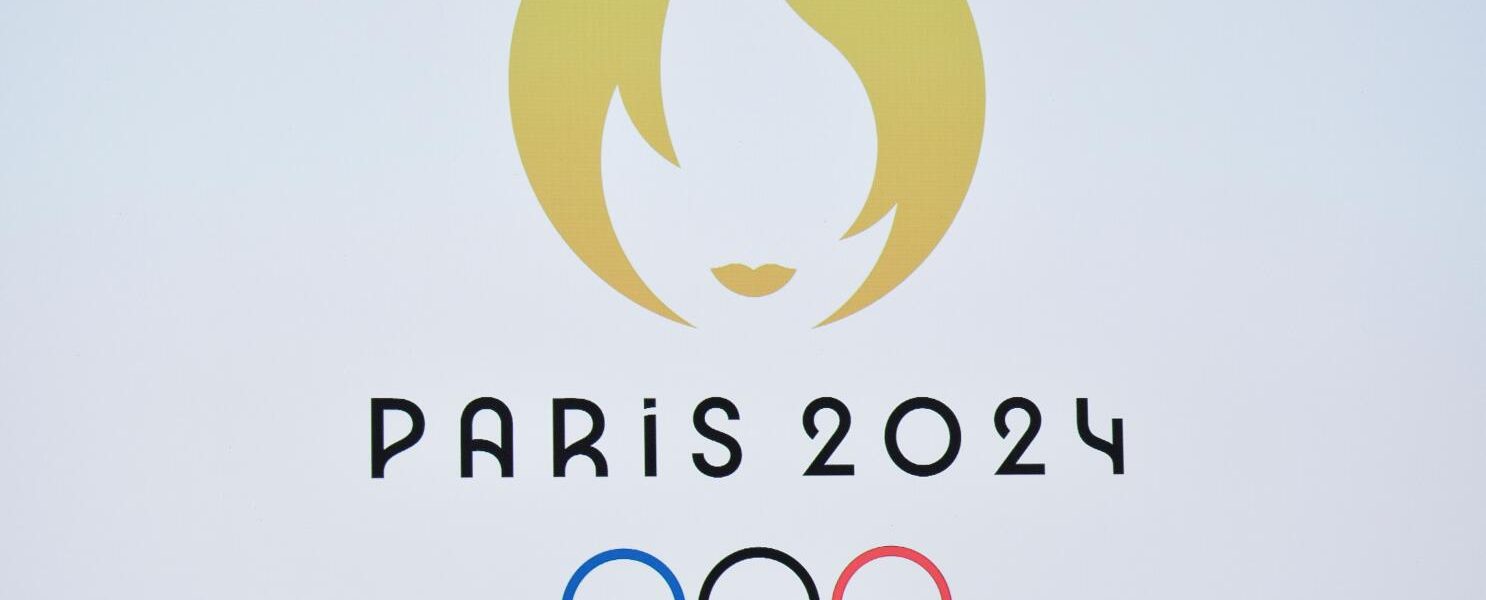The Paris 2024 Olympics are set to be a groundbreaking event, with technology playing a central role in enhancing the experience for athletes, spectators, and organizers. From innovative broadcasting techniques to cutting-edge infrastructure, the Games are poised to showcase the latest advancements in sports technology.BZGAME
One of the most notable innovations is the use of 5G technology to provide ultra-fast and reliable connectivity across all Olympic venues. This will enable real-time data transmission, allowing broadcasters to deliver immersive and interactive viewing experiences. Spectators will be able to access live updates, athlete statistics, and instant replays through their smartphones, enhancing their engagement with the events.
Virtual and augmented reality (VR and AR) will also play a significant role. Fans unable to attend the Games in person can enjoy a virtual front-row seat through VR headsets, experiencing the thrill of the competition as if they were there. AR will be used to overlay real-time information and graphics onto live broadcasts, providing viewers with a deeper understanding of the events and athletes’ performances.
The use of drones for aerial filming will provide breathtaking views of the venues and the city of Paris. These drones will capture unique perspectives, offering viewers a bird’s-eye view of the action and the city’s iconic landmarks. The integration of artificial intelligence (AI) in broadcasting will also revolutionize coverage, with AI-powered cameras automatically tracking athletes and capturing the best angles.
Smart infrastructure is another key aspect of the Paris 2024 Olympics. The Olympic Village will feature smart buildings equipped with sensors to monitor energy consumption, temperature, and air quality, ensuring a comfortable and sustainable environment for the athletes. Transportation will be optimized through smart traffic management systems, reducing congestion and improving travel times for spectators and participants.
Wearable technology will be widely used by athletes to enhance their training and performance. Smart wearables such as fitness trackers and biometric sensors will provide real-time data on an athlete’s physical condition, helping coaches make informed decisions and optimize training regimens. These devices will also monitor vital signs during competition, ensuring athletes’ safety and well-being.
E-ticketing and contactless payment systems will streamline entry and transactions at the venues, reducing wait times and enhancing the overall experience for attendees. Security will be bolstered through advanced surveillance systems and biometric identification, ensuring a safe environment for all participants.
The Paris 2024 Olympics are also embracing the concept of a digital legacy. The organizers are committed to creating a comprehensive digital archive of the Games, preserving the achievements and stories of athletes for future generations. This digital legacy will include high-definition footage, 3D models of the venues, and interactive content, making the Paris 2024 Olympics accessible to a global audience long after the closing ceremony.
As the Games draw nearer, the excitement surrounding these technological advancements continues to grow. The Paris 2024 Olympics promise to set a new standard for the integration of technology in sports, enhancing the experience for all and leaving a lasting impact on the future of the Olympic movement.


